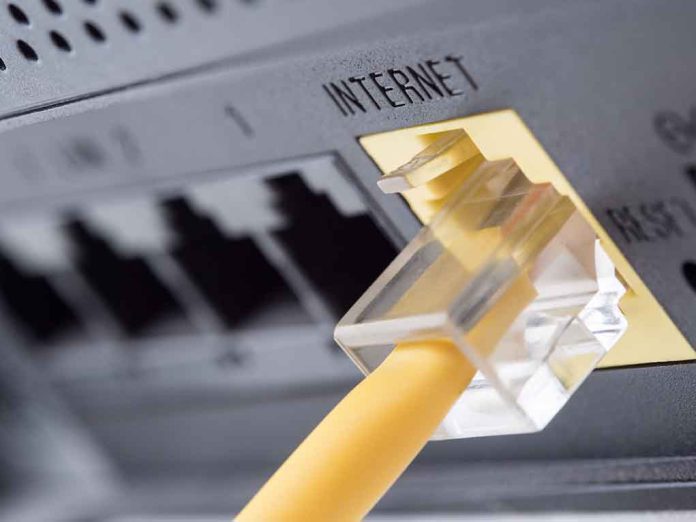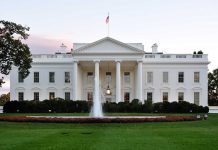
(NewsSpace.com) – In 2021, lawmakers passed the Bipartisan Infrastructure Law, an expensive piece of legislation that authorized $1.2 trillion to go toward infrastructure in the United States. In June 2023, President Joe Biden’s administration announced it was allocating more than $40 billion of that amount toward establishing high-speed internet infrastructure in every US state and territory, including the District of Columbia. It’s been nearly a year, and there’s been no progress. Elon Musk has taken to mocking the president for this failure.
Musk’s Comments
On Tuesday, June 18, The Washington Times published an article detailing the failure of the Biden administration to implement the modernization program that would see high-speed internet access made available in rural areas. An X (formerly Twitte) user shared the article and noted that for the same price, the government could have used that money to buy “Starlink dishes for 140 million people.” Musk, who owns the company that makes the satellites, chimed in with his own thoughts.
Quoting the original user, Musk said, “This government program is an outrageous waste of taxpayer money and is utterly failing to serve people in need.”
The BEAD Program Details
When the Department of Commerce detailed the Broadband Equity Access and Deployment (BEAD) program, it announced that it had $42.45 billion that would be distributed among all of the states, with grants ranging from $27 million to more than $3.3 billion. Nearly half of the states, 19, were to receive more than $1 billion, with the highest grants going to
- Alabama
- Georgia
- California
- Louisiana
- Missouri
- Michigan
- Texas
- North Carolina
- Washington
- Virginia
The grants were administered so that everyone would “have the resources to connect every resident and small business to reliable, affordable high-speed internet by 2030.”
The Washington Times noted that none of the projects are slated to break ground until next year. That means in the three years since the legislation became law and in the year since the grant program was announced, there has been no movement. Not one home or business has been connected yet as a result of the BEAD program.
The article also details how, at a recent House budget hearing, officials noted that the funding allocation is moving at a slow pace and there are compliance issues that have pushed back the modernization until 2025 and 2026, at the very least. As of June, only the District of Columbia and nine states have been approved. All 50 states, DC, and five US territories have submitted their initial proposals. Now, it’s just a waiting game, while those in rural areas suffer from slow data speeds or no internet at all.
Copyright 2024, NewsSpace.com










